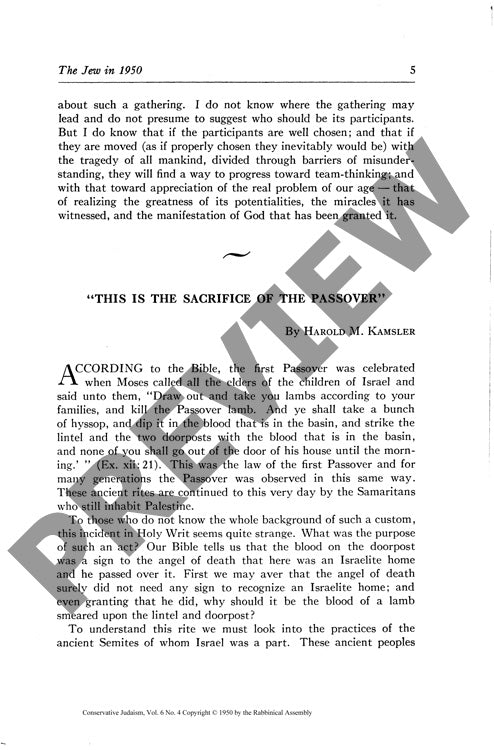This Is the Sacrifice of the Passover
Couldn't load pickup availability
The ritual application of lamb's blood on Hebrew doorposts during the first Passover represented far more than a protective sign - it marked a profound covenant renewal ceremony deeply rooted in ancient Semitic traditions. Through historical-critical analysis of biblical texts and comparative study of ancient practices, a pattern emerges where peoples established sacred bonds by cutting animals and passing through their remains, believing blood served as the vital force uniting parties as "blood brothers." This covenant-making pattern appears consistently across biblical accounts, from Abraham's divine covenant to Moses' ceremony at Mount Sinai and Jeremiah's description of covenant renewal in Judah. The research examines biblical passages from Exodus, Genesis, and Jeremiah alongside ethnographic evidence of ancient Near Eastern ritual practices to demonstrate how the Passover sacrifice served to renew the covenant between God and the Israelites after their religious observance had deteriorated during their Egyptian residence. This historical understanding reframes the modern Passover celebration as a meaningful ritual that continues to renew covenant bonds with God, Torah, and the Jewish people.

More Information
-
Physical Description
-
Publication Information
Published 1950
ISBN
-
Publication Credits
Harold Kamsler

